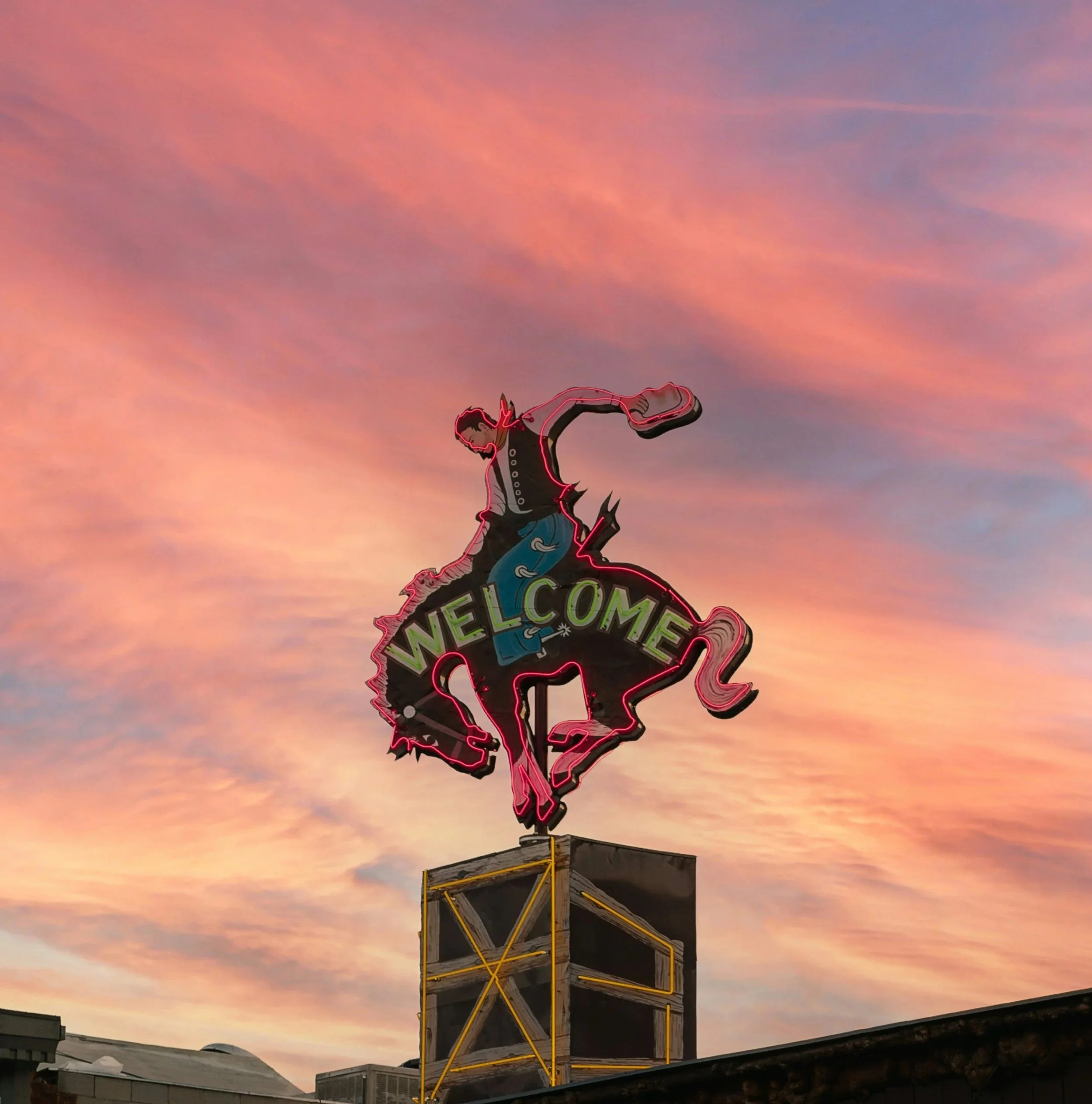To the Pharmacist on Futong West Street

You may remember me, I’m guessing, because in the year I lived beside the famous Wangjing Soho I never saw another black woman in our neighborhood. Once, there was a young black man crossing Fu’an Lu on a steel grey fixie bike and we nodded to each other. And, of course, there were so many white men of varying ages on scooters, in smart cars or Range Rovers, in business suits or cargo pants. I had run away from home and heartbreak to teach English to children in your country and I didn’t know my head from my foot, which means I was lost. You may remember me, because I never had Google Translate ready, was always rummaging in my tote for my phone. I’m sorry I never knew how to be easier to help.
You must do a brisk business being near that busy intersection with the grocery store on one corner, the coffee shop its opposite, and you staring across to the Soho complex with its thousands of workers. I passed you every day on foot when I wasn’t late for work or on a yellow OFO bike I rented for one kuai. You may have seen me. I was either disheveled or well-put-together, but always running for the bus or huddled under an umbrella, my face obscured by a pollution mask. When the liquor store next door to you reopened after months of construction I would go in every week for a bottle of Jameson, so you probably thought I drank too much. You’re right, I did drink too much.
Do you remember the first time we met? I wasn’t alone. My lover of one month was with me, tall and confident, and it was him who showed you a ready picture of Tylenol Cold & Flu on his phone, asked in Chinese: How much? Then he paid for my cold medicine. Or you may remember him, because he came with me again, both of us hungover and wearing sunglasses indoors. I needed a Plan B, fumbled through typing “emergency contraception” into the translator. And you glanced down at the screen, brought forth a small box from beneath your glass counter and punched in the price on your jumbo calculator, so cheap I thought it was wrong. You were so brisk and nonchalant, as if you were selling me a handful of rice, and not autonomy over my own body, that I didn’t feel ashamed. I paid that time, because women always pay for these things, one way or another. That’s true everywhere, right?
You were never nice. Or not what Americans consider nice. No politeness from you. I mean you never smiled or said thank you. When I had sore muscles and needed Tiger Balm you sold me the most expensive brand; I only learned later when I bought more at a store close to work, but I don’t hold that against you. A business has to make money and there was nothing I bought from you I couldn’t afford. I traveled alone around your country to small coastal towns like Beidaihe and big crowded cities like Shanghai, met people like you who were helpful, though never enthusiastically so, which became to me the best sort of kindness. I learned the lack of a smile did not denote disrespect or incivility. You helped me understand.
“In America certain women can wander a little longer, particularly when the combination of their education and adventurous personality is buffeted by the privilege of money or connections.”
At 31, would you have guessed, I knew better about a lot of things. In China, I was too old to be single and careerless with no plans for the future. In America certain women can wander a little longer, particularly when the combination of their education and adventurous personality is buffeted by the privilege of money or connections. We are, in a way, exempted from most societal expectations. But I knew even I could not wander forever. In my last weeks, I wished I could’ve told you how scared I was to go home, how it seemed there was nothing and no one waiting for me. My only affliction was loneliness, so I came in to your shop for nothing, except to be seen. I bought lip balm or bandaids I didn’t need. I practiced my “thank you” and “good bye” and went back out into the polluted nights without a mask like a true Beijinger.
I know I was often a real nuisance. Never ready. Couldn’t understand numbers between 70 and 90. Didn’t know how to describe what hurt and how much. Near the end, you never looked happy to see me when I parted the plastic curtains in the late evenings, the sun low over my shoulders. I was coming in every day because I didn’t know how to say goodbye. I just wanted you to know that when I entered your dim world of medicine, I was always so happy to see you. And so thankful.
ABOUT THE AUTHOR
Monet P. Thomas is a writer and poet from North Carolina. She holds an MFA in Creative Writing from the Inland Northwest Center for Writers in Spokane, Washington. More of her nonfiction can be found online at such places as Hobart, Juxtaprose, and Compose Journal. All of her published work can be found on her website, and the writer herself can be found cavorting on Twitter here.
Header photo by Lisheng Chang.
Insert bio.










